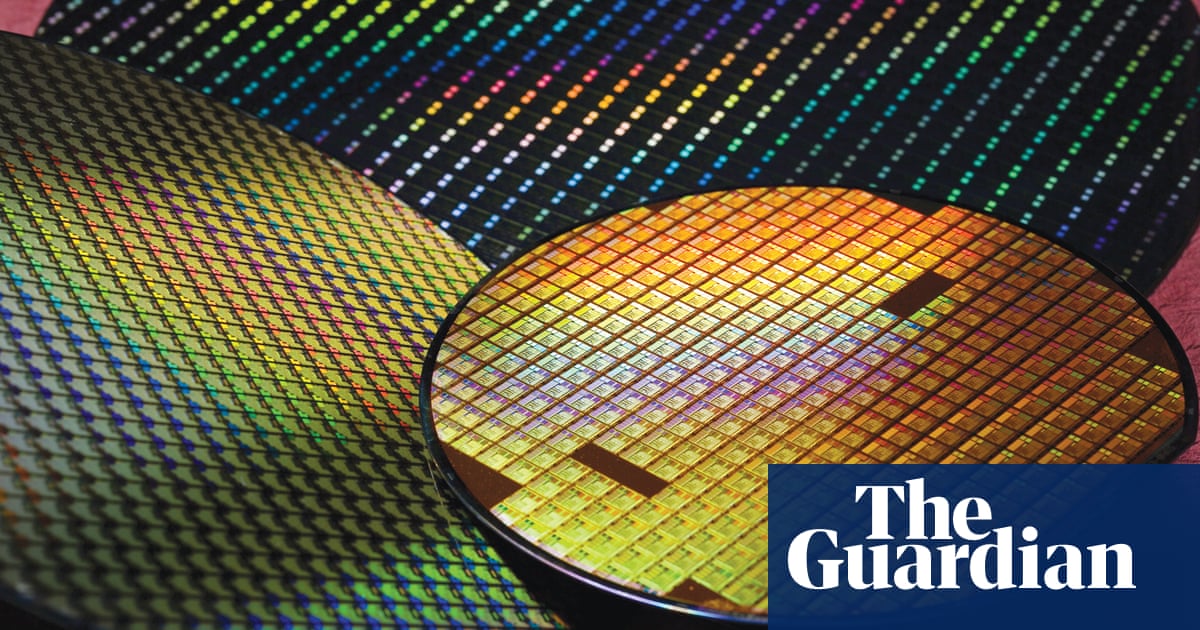
Exports to the US dipped 0.9 percent in June from the same period a year ago on waning shipments of cars and semiconductor manufacturing equipment
The batch of data highlighted concerns among Japanese policymakers who worry Trump may resort to tariffs or other protectionist measures to fix trade imbalances with Japan
TOKYO: Japan’s exports to the US fell for the first time in 17 months and Japanese business sentiment soured amid worries about US President Donald Trump’s protectionist trade policies.
Exports to the US dipped 0.9 percent in June from the same period a year ago on waning shipments of cars and semiconductor manufacturing equipment, two of Japan’s most important export products.
Thursday’s trade data came on the heels of the Reuters Tankan, which showed business sentiment slipped in July, reflecting companies’ fears about an intensifying trade dispute between the US and China.
The batch of data highlighted concerns among Japanese policymakers who worry Trump may resort to tariffs or other protectionist measures to fix trade imbalances with Japan under his “America first” policy.
With American imports down 2.1 percent, Japan’s trade surplus with the US widened 0.5 percent year-on-year to ¥590.3 billion ($5.24 billion). That could make it a potential target for Trump’s protectionist policies.
Japan’s global exports rose 6.7 percent in June, while imports gained 2.5 percent.
“Overall exports remain healthy for now, but we are not sure how things are going to turn out on the trade policy front,” said Shuji Tonouchi, senior market economist at Mitsubishi UFJ Morgan Stanley Securities. “It’ possible talk of tariffs and trade friction could reduce corporate investment.”
The Reuters Tankan, which tracks the Bank of Japan’s closely watched quarterly tankan survey, found manufacturers’ sentiment index stood at 25 in July, down one point from June, and the service sector’s mood fell to 34 from 35 in the prior month.
The index subtracts the percentage of companies that feel negative about the economy from those who are optimistic, so a positive number means more businesses are upbeat.
Concerns about protectionism were widely cited in the Reuters poll of 483 large- and mid-sized companies, of which 268 responded between July 2-13, particularly among exporters of cars, precision machinery and metal products.
The US this month imposed 25 percent tariffs on $34 billion of Chinese goods to lower the US trade deficit, and China quickly retaliated with an increase in tariffs on US goods.
“Our clients are increasingly taking a wait-and-see stance on capital expenditure in the face of uncertainty over trade friction between the US and China and the EU,” a manager of a machinery maker wrote in the survey.
“Uncertainty is rising over capital spending plans at our client firms due to the expansion of protectionist policies and geopolitical risks,” said another machinery maker.
The manufacturers’ index is seen rising to 29 in October, while the service-sector index is expected to hold steady, after July’s decline led by real estate/construction firms.
The BOJ’s tankan showed earlier this month that big manufacturers’ mood soured for a second straight quarter in the three months to June, hurt by rising input costs and as US trade protectionism clouds the outlook for Japan’s export-dependent economy.
Still, the mood among non-manufacturers improved slightly and big firms’ solid capital spending plans offered some relief.
Topics: trade exports tariff Trade war economy Japan US
Related
779
Business & Economy
Japan economy grows for longest period since 1980s bubble boom days
676
Business & Economy
Japan exports grow, but manufacturers’ confidence slips amid fears of rising yen
Hyperloop project goes to China
Updated 8 min 50 sec ago
AFP
July 19, 2018 11:19
667
BEIJING: Hyperloop Transportation Technologies said Thursday it will team up with a southwestern Chinese city to build a new 10-kilometer (six-mile) test track for its high speed hyperloop transportation system.
California-based HyperloopTT is one of several ventures to take Elon Musk’s idea for a new type of transport system propelling capsules through vacuum-sealed tunnels and attempt to make it a reality.
It has struck similar agreements with several other countries, with construction of its first capsules — intended to magnetically levitate in low friction tubes — underway at its innovation center in France.
The remote city of Tongren in China’s impoverished Guizhou province will host the latest demonstration project, according to the plans.
“China leads the world in the amount of high-speed rail constructed by far, and now they are looking for a more efficient high speed solution in hyperloop,” HyperloopTT chairman Bibop Gresta said in a press release.
“We have spent the past few years finding the right partners to work with in China and now, with a strong base network of relationships in place, we are ready to begin work to create the system,” he added.
Financing for the project may be hard to come by as Beijing takes aim at local government spending and a growing mountain of debt.
HyperloopTT said financing would come from a public-private partnership, with Tongren directly contributing 50 percent of the funds.
“HyperloopTT will be responsible for providing technology, engineering expertise, and essential equipment,” the company said, without providing further details.
Local Chinese media, citing the agreement, said Tongren and HyperloopTT would invest in the new local joint-venture building the demonstration track on a one-to-one basis.
State-owned China Aerospace Science and Industry Corp. (CASIC), a major aerospace company, is also looking to pioneer the next generation of high-speed train technology in China, and last year announced a similiar hyperloop project in the city of Wuhan.












